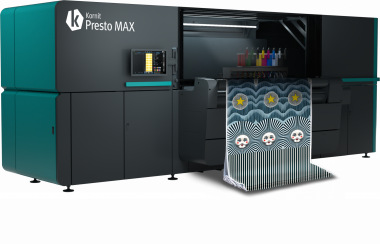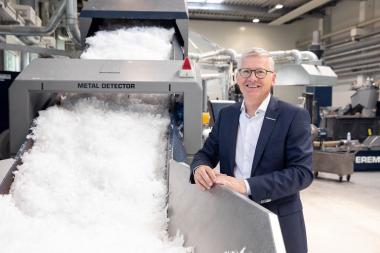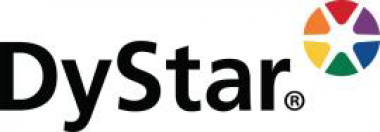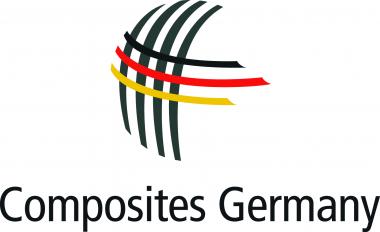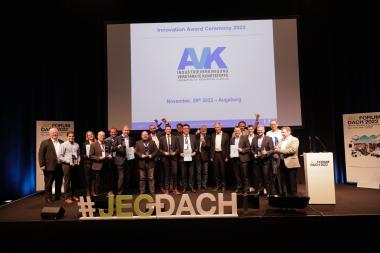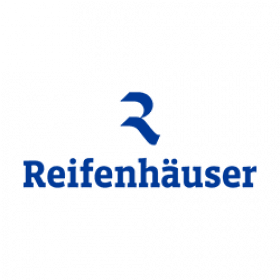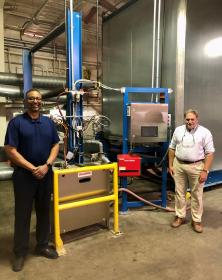Rieter in first Half of 2023: Increase in sales, decrease in orders
In the first half of 2023, Rieter recorded a significant increase in sales of 22.2% to CHF 758.2 million, despite some cancellations or postponements of deliveries as a result of the earthquake in Türkiye. Cyclical market downturns in the individual market segments, which were already apparent in the second half of 2022, led to an order intake of CHF 325.0 million (-62.6%) in the reporting period, lower than in the corresponding period of the previous year.
Order intake in almost all regions was characterized by the reluctance to invest in new machines. Only in China did order intake increase due to investments by spinning mills in improving their local competitiveness. In addition, some customers held back pending investment decisions and waited for the innovations presented at ITMA in Milan in June 2023. At the same time, demand for consumables, wear & tear and spare parts declined due to the global market downturn.
On June 30, 2023, the company had a high order backlog of around CHF 1 100 million (June 30, 2022: around CHF 2 100 million). This therefore extends into the year 2024. As in the previous year, cancellations in the reporting period were around 5% of the order backlog, also impacted by the effects of the severe earthquake in Türkiye.
In the first half of 2023, Rieter posted a profit of CHF 25.2 million at the EBIT level, with an EBIT margin of 3.3% (first half of 2022: loss of CHF -10.2 million) and a net profit of CHF 13.3 million (first half of 2022: loss of CHF -25.2 million).
“Next Level” performance program planned
The challenging market situation over the past two years was marked by severe disruptions in the global supply chain in conjunction with rising material, energy, labor, and production costs. The current global demand for textile products remains at a low level. To increase long-term value for customers, employees, and shareholders, Rieter, as technology leader, is planning a performance program called “Next Level”. The goal of the program is to strengthen sales excellence, sharpen customer focus, improve cost efficiency in production and optimize fixed cost structures. The one-time cost of the program is anticipated to be around CHF 45 to 50 million, which will have an impact on the second half of 2023. Most of the program initiatives will be implemented before the end of 2023 with a view to achieving an expected impact from as early as 2024. With these measures Rieter is aiming to reduce operating costs by some CHF 80 million per year.
The program includes provisions for the net reduction of around 300 positions throughout the Group in relation to overhead functions. The possibility of further market- and volume-related adjustments in the order of 400 to 600 positions cannot be excluded. At the end of June 2023, Rieter had a global workforce of 5 555 employees.
Outlook
Given the economic situation and the ongoing cyclical market weakness, Rieter continues to expect below-average demand for new equipment in the coming months. A revival is not expected until the fourth quarter of 2023 at the earliest. Rieter also believes that demand for consumables, wear & tear and spare parts will not recover until later in 2023.
For the full year 2023, Rieter expects an EBIT margin of around 5 to 7% (including positive special effects of less than 2%) and sales at the previous year’s level of around CHF 1.5 billion.
Rieter Management AG












